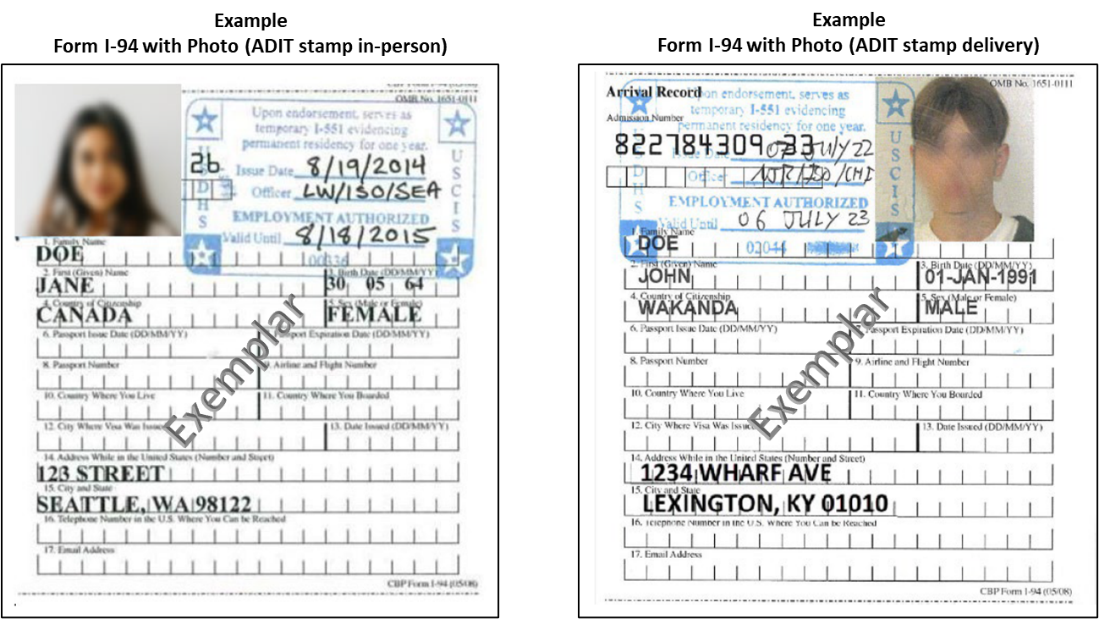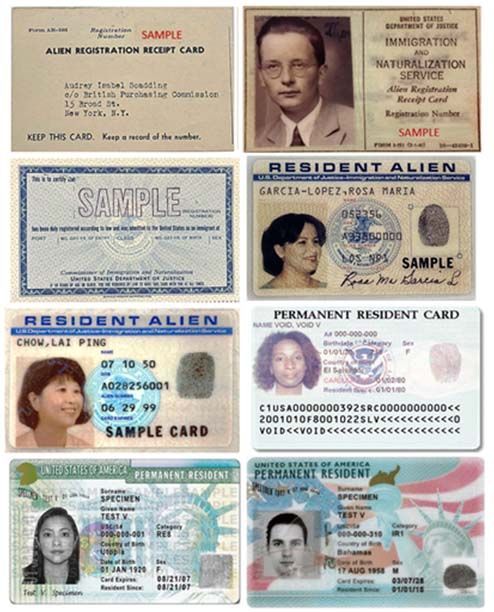Pakistan Civil Documents for US Immigration Purposes

This Blog Post will focus on Pakistan Documents that are required for US Immigration Purposes. The process to acquire such documents will also be explained as best as possible below.
Please note: Our Law Firm does not assist in acquiring foreign civil documents, rather we provide this information to assist our clients in acquiring their documents, as it may be confusing.
The four (4) Main Pakistan Documents are:
- Birth Certificate
- Marriage Certificate
- Divorce Certificate
- Certificate of Non-Conviction (Police Certificate)
If Acquiring an Immigrant Visa (e.g. K1 Fiance Visa or Spousal Visa) at the US Embassy in Islamabad , the following link is the Embassy Instructions and Document Checklist for the Visa Interview: https://travel.state.gov/content/travel/en/us-visas/Supplements/Supplements_by_Post/ISL-Islamabad.html
The following are drop-down sections to help you more easily navigate and find what you are looking for:
Birth Certificate
Document Name: Birth certificate, Child Registration Certificate
Acceptable Issuing Authority:
- Local Union Councils
- Municipal Corporations
- the Office of the Cantonment Board
- the CDA
- In larger cities, such as Rawalpindi, Lahore, Karachi etc., Municipal Corporation-issued birth certificates prior to 2001 are also acceptable.
Procedure for Obtaining: Applicants must visit their local Union Council, fill out a form, and provide identification.
Alternate Documents: In lieu of a birth certificate, Pakistanis often use Child Registration Certificates or Family Registration Certificates (FRC), which list all family members and document each member’s relationship to the other.
Note: Birth certificates can be in either English or Urdu with English translation.
Marriage Certificate
Pakistani Muslim:
- Must present both an original, signed Nikah Nama (with its English translation) and a NADRA-issued marriage registration certificate. Note that while both documents reflect similar information, each on its own does not constitute sufficient proof of marriage.
Non-Muslim (Christians, Hindus, Ahmadis, and others):
- Must present only a marriage certificate issued by their respective religious authority (i.e. a church or temple), since Union Councils do not uniformly issue NADRA certificates to non-Muslims.
Citizens of Azad Jammu and Kashmir (AJK) and Afghans living in Pakistan:
- must also only present a marriage certificate issued by religious authorities, as Union Councils do not issue NADRA certificates to these groups.
Procedure for Obtaining: Muslim applicants can obtain an Urdu-language Nikah Nama from the Nikah Registrar. Ahmadis, Christians, Hindus, and other non-Muslim applicants can obtain marriage certificates from their local religious authorities.
Divorce Certificate
Document Name: Khula, Talaq, and Divorce Certificate
Divorce Process:
Pakistani divorce laws for Muslims are governed by the Muslim Family Laws Ordinance (MFLO). While the laws are complicated, all procedures set forth by the MFLO must be followed for divorces to be recognized for immigration purposes. In general, couples seeking a divorce must submit a written notification to the Union Council of the wife’s residence, after which an Arbitration Council is formed to foster reconciliation between both parties over a 90-day period. A divorce is finalized if the couple fails to reconcile at the end of this 90-day period.
Procedure for Obtaining:
Talaq:
Muslim divorces in Pakistan are subject to arbitration, and the process of divorce differs depending on whether it is initiated by the husband (Talaq) or the wife (Khula). For men initiating a divorce, husbands must verbally “divorce” their wife by pronouncing ‘talaq.’ As soon as possible, the divorcing husband must then give written notification to the Union Council where the wife resides or where the wedding took place. Within 30 days of receipt of the notice of Talaq, the Union Council Chairman must constitute an Arbitration Council in order to see if reconciliation is possible between the husband and wife. After the Council convenes, it must issue notices to both parties every month for three months in an attempt to foster reconciliation. After three months (90 days), either party may request a failure of reconciliation certificate from the Union Council/Arbitration Council, upon which date the divorce is considered final and valid. (For more information, refer to Section 7 of the MFLO.)
Note that a divorce in Pakistan is only considered valid at the end of this 90-day period, assuming the parties have failed to reconcile. Neither party may remarry (in Pakistan or elsewhere) until this 90-day period has passed and the divorce is finalized. The Union Council divorce certificate – typically handwritten – will indicate if the divorce was a Talaq (initiated by the husband) or Khula (by the wife – see below). In recent years, Union Councils have begun to produce NADRA divorce certificates. If a NADRA-issued divorce certificate is provided for an older divorce, the original Union Council certificate should also be provided. The specific form for the Union Council certificate will vary by location. In all cases, copies of the arbitration notices should be available upon request.
Khula:
There are two possible procedures for Muslim women to obtain a Khula divorce. First, a husband can grant his wife the right of divorce by stating “yes” on line 18 of the Nikah Nama (which is rare). If this right is granted, the wife follows the same procedure as the Talaq process described above. If the wife is not granted this right, she must first bring her case to a Family Court to request the right to initiate a divorce. If her suit is successful, the Family Court must submit its decision to the Union Council within seven days. The Union Council will then initiate the Arbitration Council and follow the same procedures described above. In reality, however, the Family Court often does not inform the Union Council of its decision. If the court grants the divorce but does not notify the Union Council, it is incumbent upon the wife to do so herself in order for the divorce to be valid. Once the wife notifies the Union Council, the same procedure as for Talaq is followed. If the parties reconcile during the arbitration process, however, the court decision will be null and void, and the couple will remain married.
SPECIAL NOTE ON REMARRYING THE SAME PERSON: If a husband and wife divorced and subsequently wish to remarry each other, the wife must have married another person in the interim and that intervening marriage must be legally terminated by proper divorce proceedings or death. The interim marriage must be consummated and represent a bona fide relationship, according to Section 7 of the MFLO.
Divorce Certificate:
Procedures for properly executing an Ahmadi, Christian, Hindu, or Parsi divorce differ. Typically, divorce certificates for these sects are issued by a Family Court after the filing of a legal case and are not generally registered with the local authorities.
Alternate Documents: In most cases, NADRA-issued divorce registration certificates are acceptable substitutes for Union Council-issued divorce certificates. Divorces documented on rupee paper are not acceptable for immigration purposes unless they are supplemented by an official certificate.
Certificate of Non-Conviction (Police Certificate)
Unavailable. Pakistan does not have a nationwide system to track criminal activities. Police Character Certificates are available for a fee from District Coordinating Offices. However, they are not an accurate reflection of an individual’s criminal record. An applicant who has committed a crime in one district may be able to obtain a clean Character Certificate from that district or another. Given the inaccuracy of these certificates, they are not required for consular processing.
The post Pakistan Civil Documents for US Immigration Purposes appeared first on Fickey Martinez Law Firm.












